If there’s anyone who deserves a break, it’s Kazuma Kiryu. Over the course of the seven core Like a Dragon games (previously known as Yakuza in the West), Kiryu has battled his way through every major city in Japan, establishing himself as a legend of the underworld through countless intricate plots that always seem to end in a shirtless fistfight over ideals and yet more suffering piled atop him. Through it all, his samurai-esque stoicism has never wavered, but now, in middle age, the weight of his lifelong legend is finally beginning to catch up to him.
It’s a compelling hook, and I find it ironic that the very first game to divorce him from both his home of Kamurocho, Tokyo, and his iconic grey suit would be the one to give players the most genuine, human Kiryu yet. Much like Kiryu himself, Like a Dragon Gaiden: The Man Who Erased His Name is focused on casting off the legend of the Dragon of Dojima and letting the man underneath shine through—and it’s one hell of a sight.
An ending, a beginning
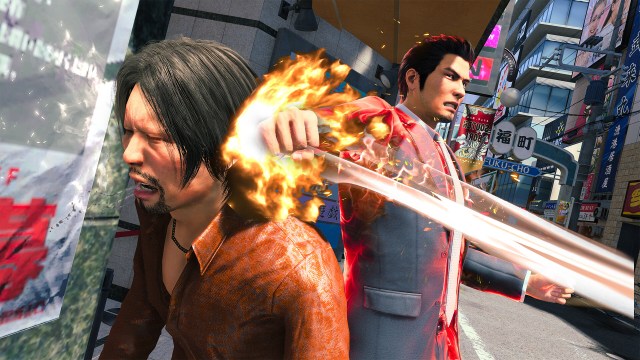
Like a Dragon Gaiden picks up right where Yakuza 6 left off, with Kiryu having faked his death to protect his adoptive family and enlisted by the shadowy semi-governmental Daidoji Faction—but the underworld isn’t done with him yet. Following an ordinary job that goes wrong, an aging Kiryu is pulled right back into a yakuza conspiracy that spans the neon-soaked streets of Sotenbori, Osaka.
The story, in typical LaD fashion, is a slow starter. The first few hours are dedicated to a will-they-won’t-they between Kiryu and his Daidoji handlers that overstays its welcome—but it picks up considerably with the introduction of central villain Homare Nishitani III, a preening, hair-trigger hedonist who easily steals every scene he’s in. Gaiden also takes place concurrently to 2019’s Yakuza: Like a Dragon, and the moment when the two stories finally intersect is a bombastic high point that more than justifies a plot that can seem vestigial in its opening hours.
While it’s short by LaD standards—five chapters as opposed to the usual 10-15—this allows for a constant stream of action, and I found myself engaged right up until the credits rolled. I’m not ashamed to admit the ending made me tear up, but that’s largely because Gaiden serves as the ultimate payoff to Kiryu’s decades-spanning arc. New players will be confused by the story just as frequently as longtime fans will be thrilled (and occasionally deeply depressed) by it, but even the freshest players can enjoy the thrill of letting their fists do the talking.
Sting like a dragon
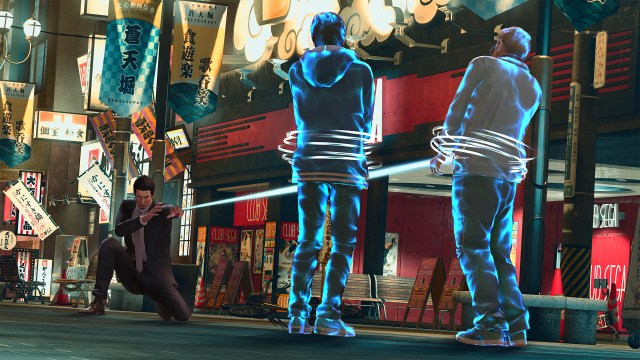
With the mainline LaD games having pivoted to RPG-inspired turn-based combat and the spinoff Judgment series seemingly on ice, Gaiden is likely going to be the last we’ll see of RGG Studio’s trademark bone-crunching street brawling for a while—but if that is the case, it’s a very high point to end on. Kiryu has access to two distinct combat styles here: Agent, a fast and nimble crowd-control style powered by Daidoji gadgets, and Yakuza, a hyper-refined version of the classic moveset Kiryu’s used in his previous solo games.
Both are viscerally satisfying, whether you’re zipping around an arena with Agent or chewing through a boss’ health bar with Yakuza. Some elements borrowed from the slicker combat of Judgment, like powerful Mortal Attacks, are also incorporated, making Gaiden feel suitably modern and casting off the last bits of PS3-era clunkiness. Any way you slice it, this is the best Kiryu has ever felt to play, and it’s delivered in the usual stable, bug-free package.
Gaiden also returns to Yakuza 0’s money-based upgrade system, eschewing the somewhat confusing skill trees of previous games. All you need to learn a new move or upgrade your core stats is a pocketful of yen. Fortunately, the opportunities to make that crucial money abound—because, while punching is certainly the meat of any LaD game, each one lives and dies on the value of its side content.
A city of distractions
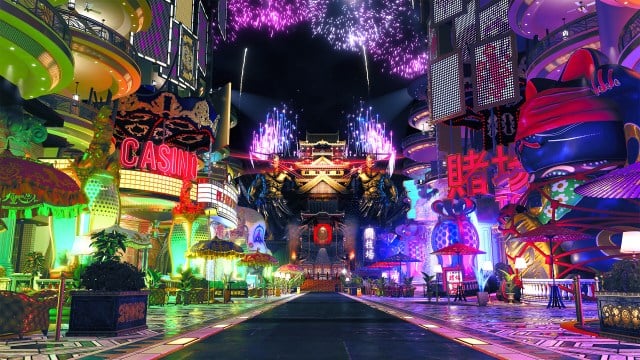
Osaka’s city motto is “kuidaore”: Eat yourself broke. It’s a declaration of the city’s dedication to vice and indulgence, and Gaiden’s version more than lives up to this promise. Under every buzzing neon sign lies a new diversion, from slightly disconcerting live-action cabaret clubs, to slot car racing, to the series’ signature karaoke. The city is stuffed with all the minigames you can shake a kali stick at. The real standout, however, is the Coliseum, which allows players to assemble teams of—and even play as—iconic characters from across the series in underground cage matches, which feels like just as much of a celebration of Kiryu’s legacy as the main plot.
Beyond the less structured activities, the side quests this time around are numerous and varied, although they’re now simply chosen from a list similar to Judgment’s Agency Cases rather than organically discovered in the open world. It does make Osaka feel somewhat less alive, but it also means you won’t be wandering the streets for hours hoping for one specific Substory to trigger.
Still, with so much fanservice packed under one roof, Like a Dragon Gaiden is as perfect a sendoff to the Dragon of Dojima and the era he represents as I could possibly ask for. Its more modest length and smaller scale, however, hold it back from being as deep or expansive as the series’ heights. This should absolutely not be your first LaD game, but if you’re already invested in Kiryu and his journey, you’re doing yourself a disservice by not picking it up, especially at its reduced price point. The legend has been reforged once again, and this time—just maybe—Kazuma Kiryu will get some of the rest he sorely deserves.
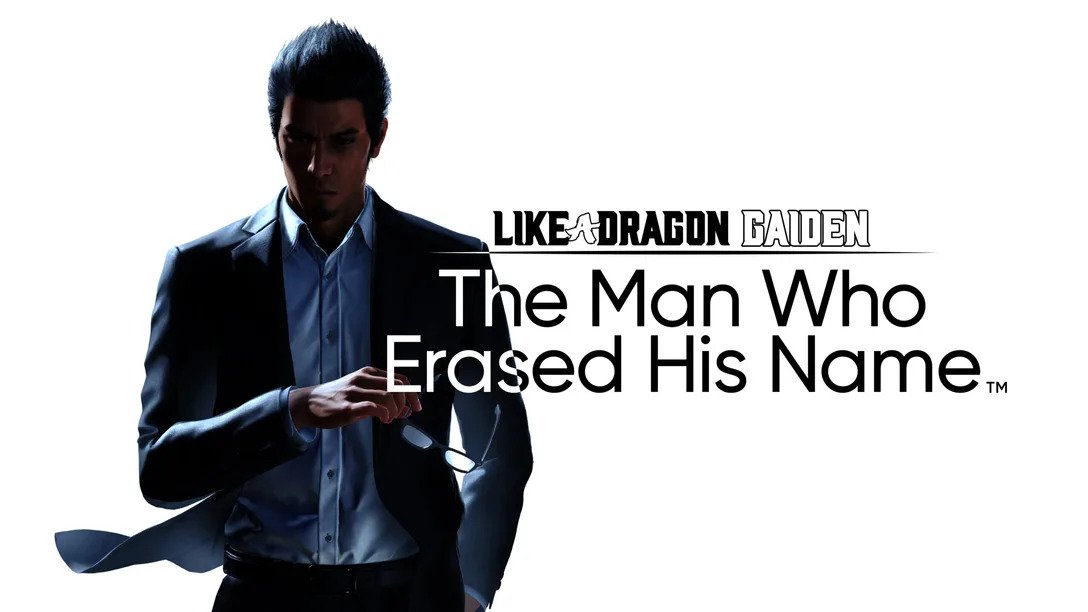
- Series-best combat
- Satisfying conclusion to Kiryu's arc
- Lower price
- Impenetrable story for new players
- Shorter length


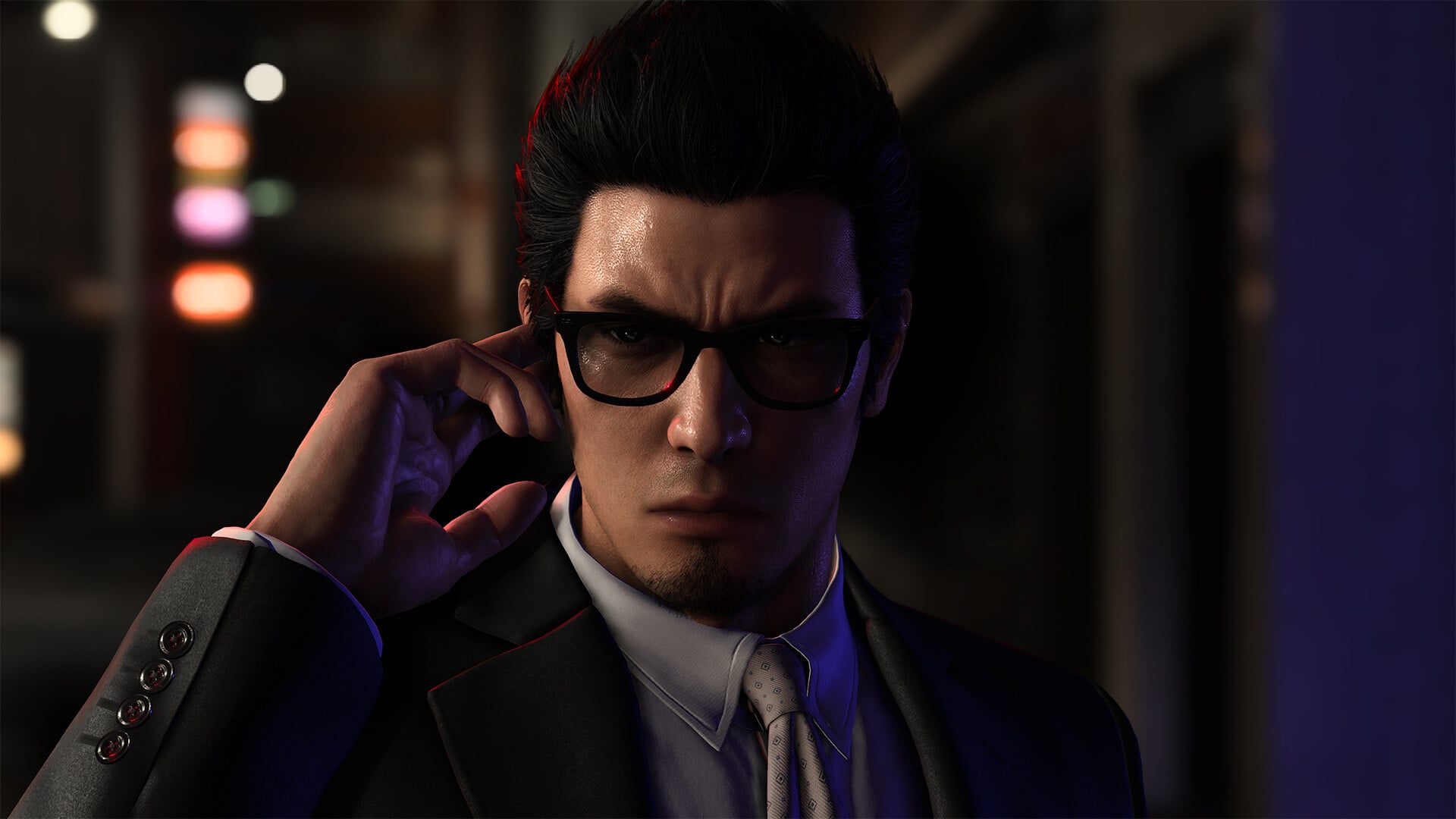
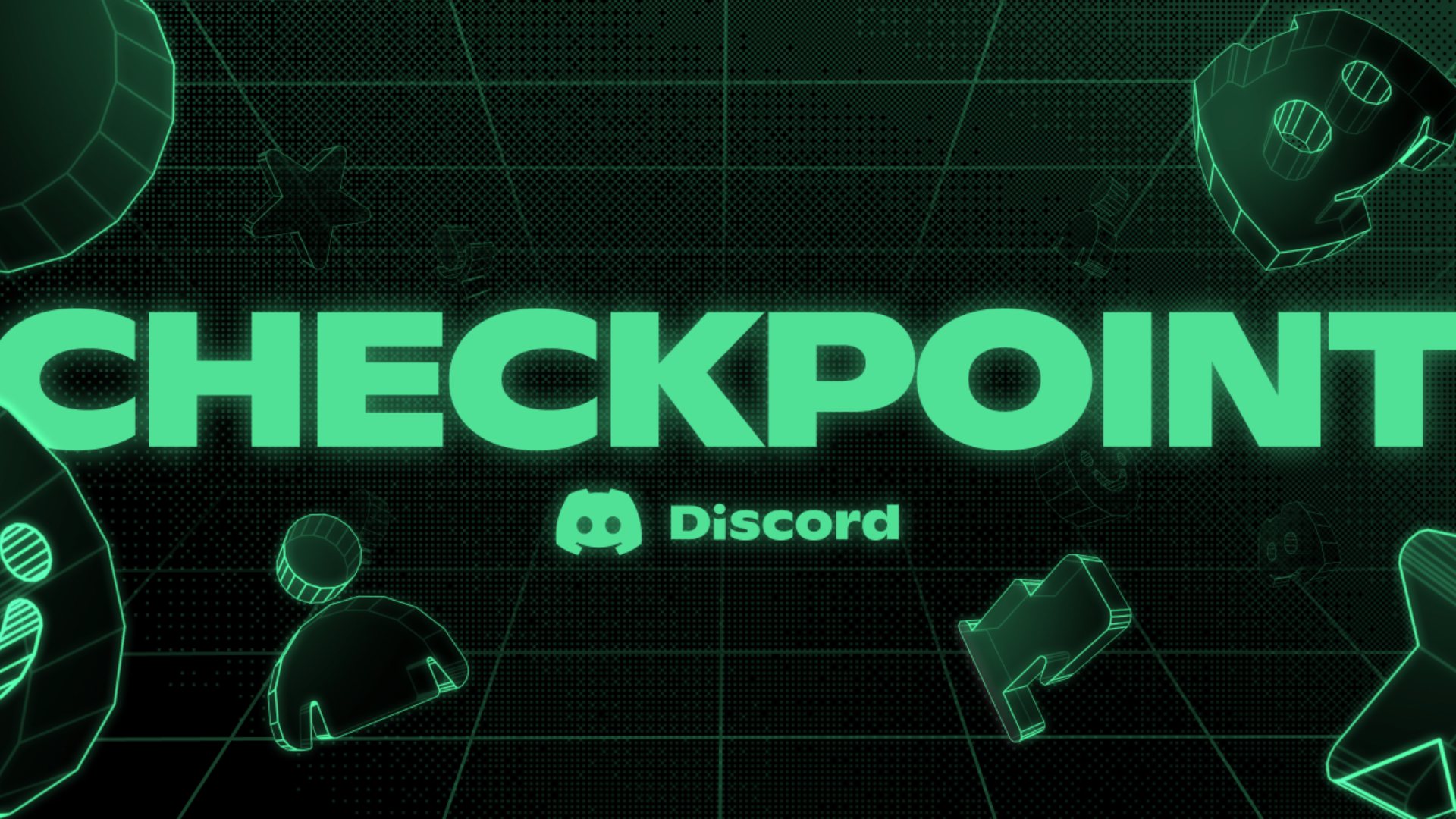

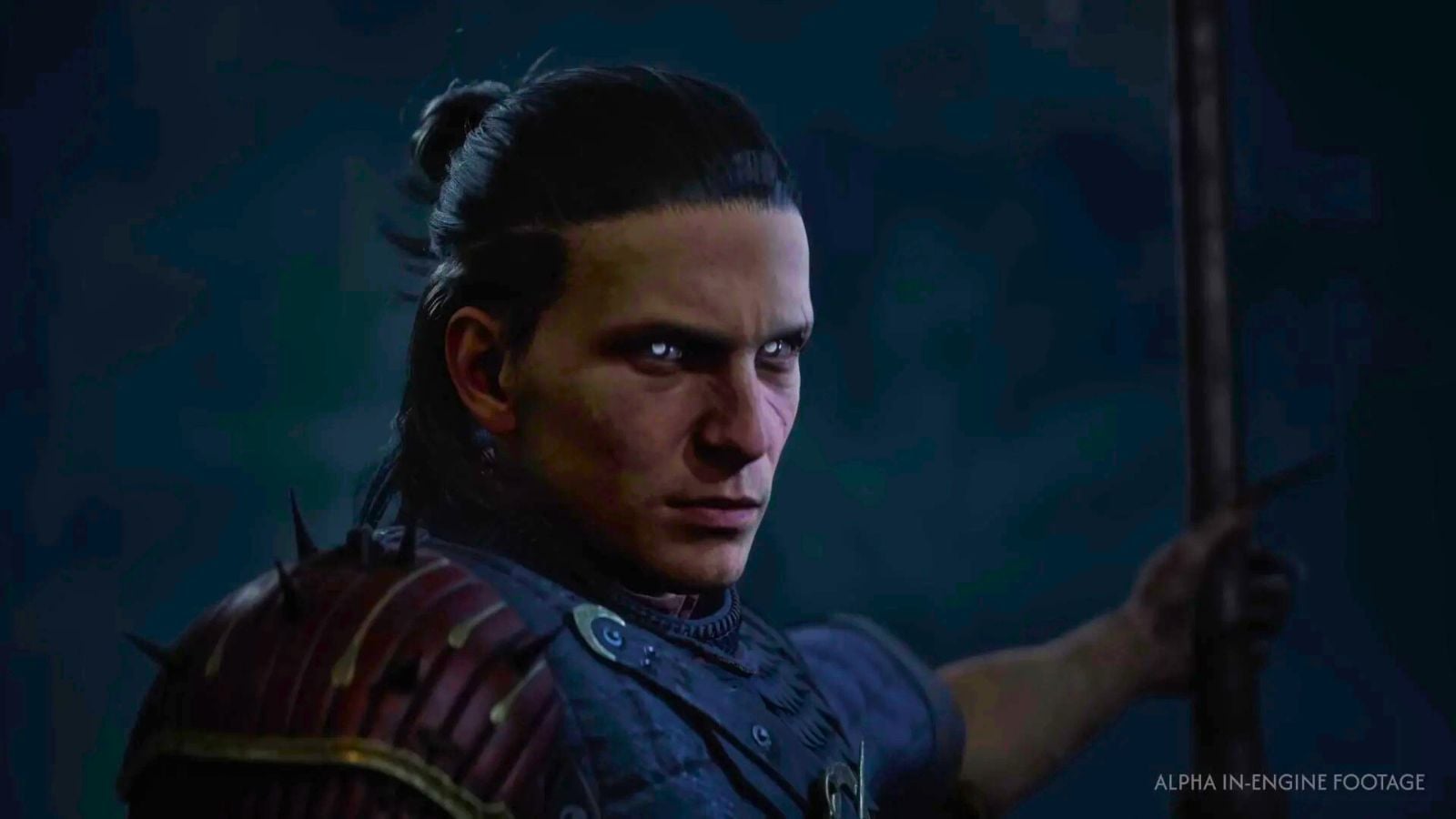
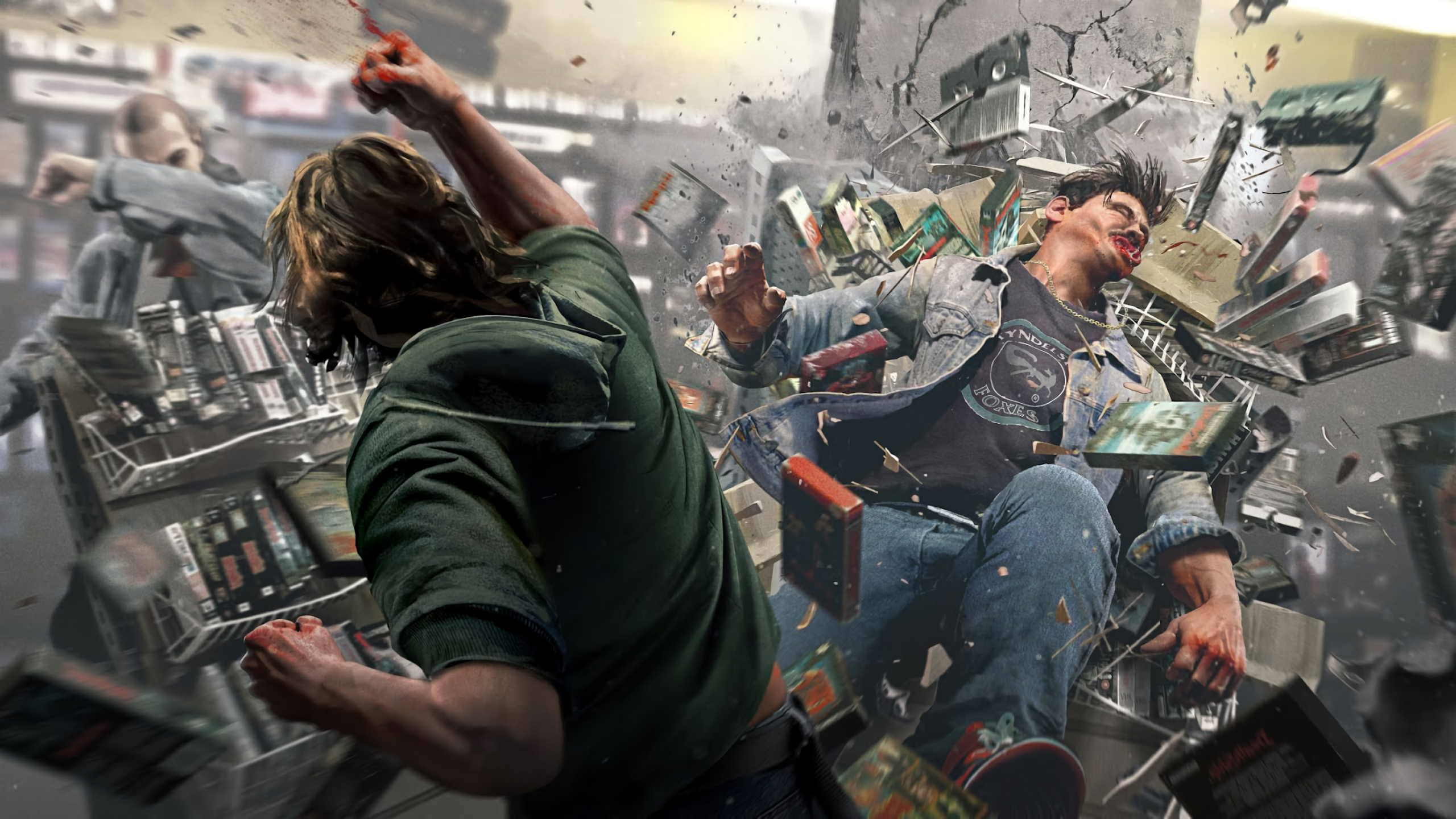
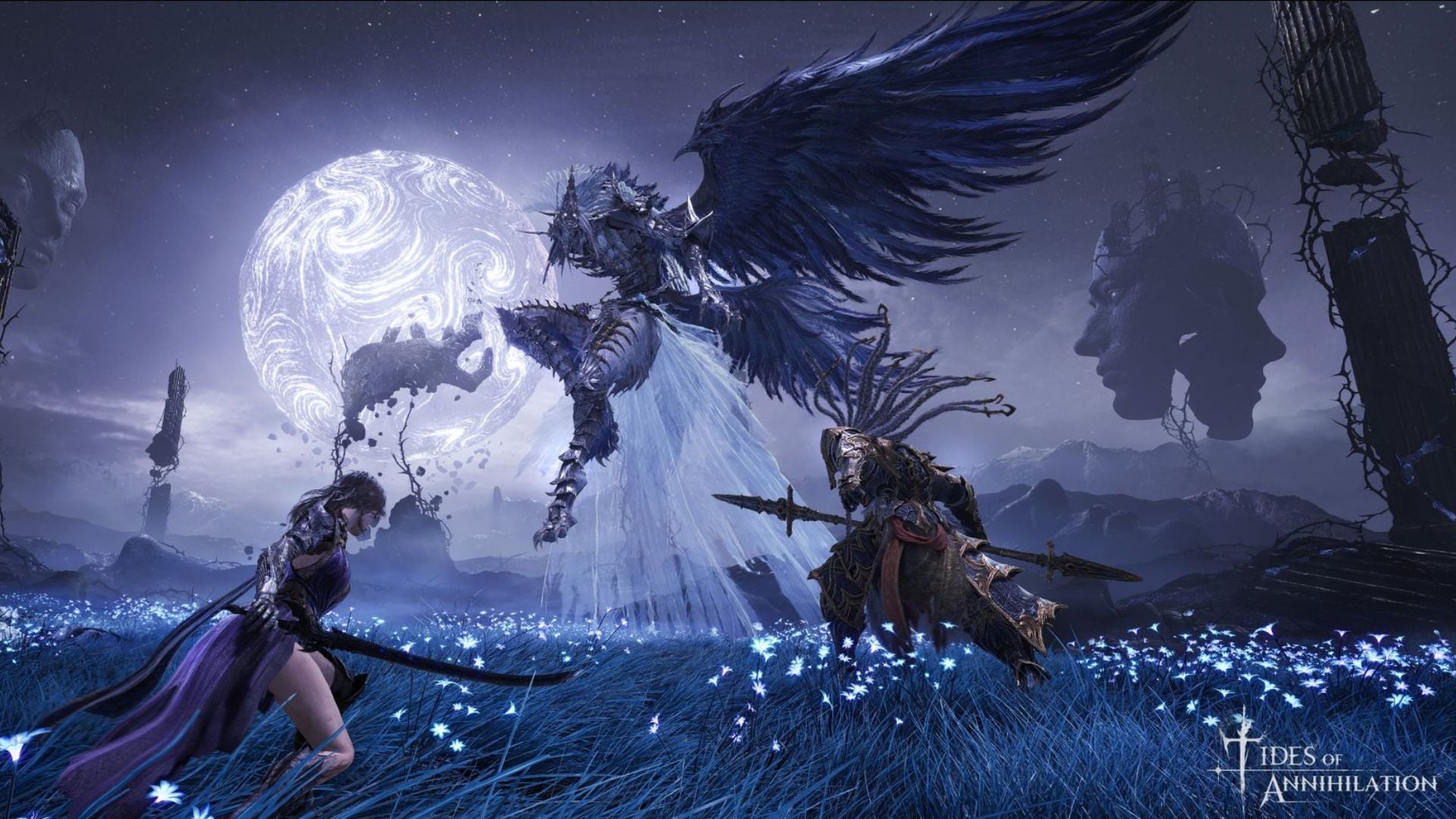
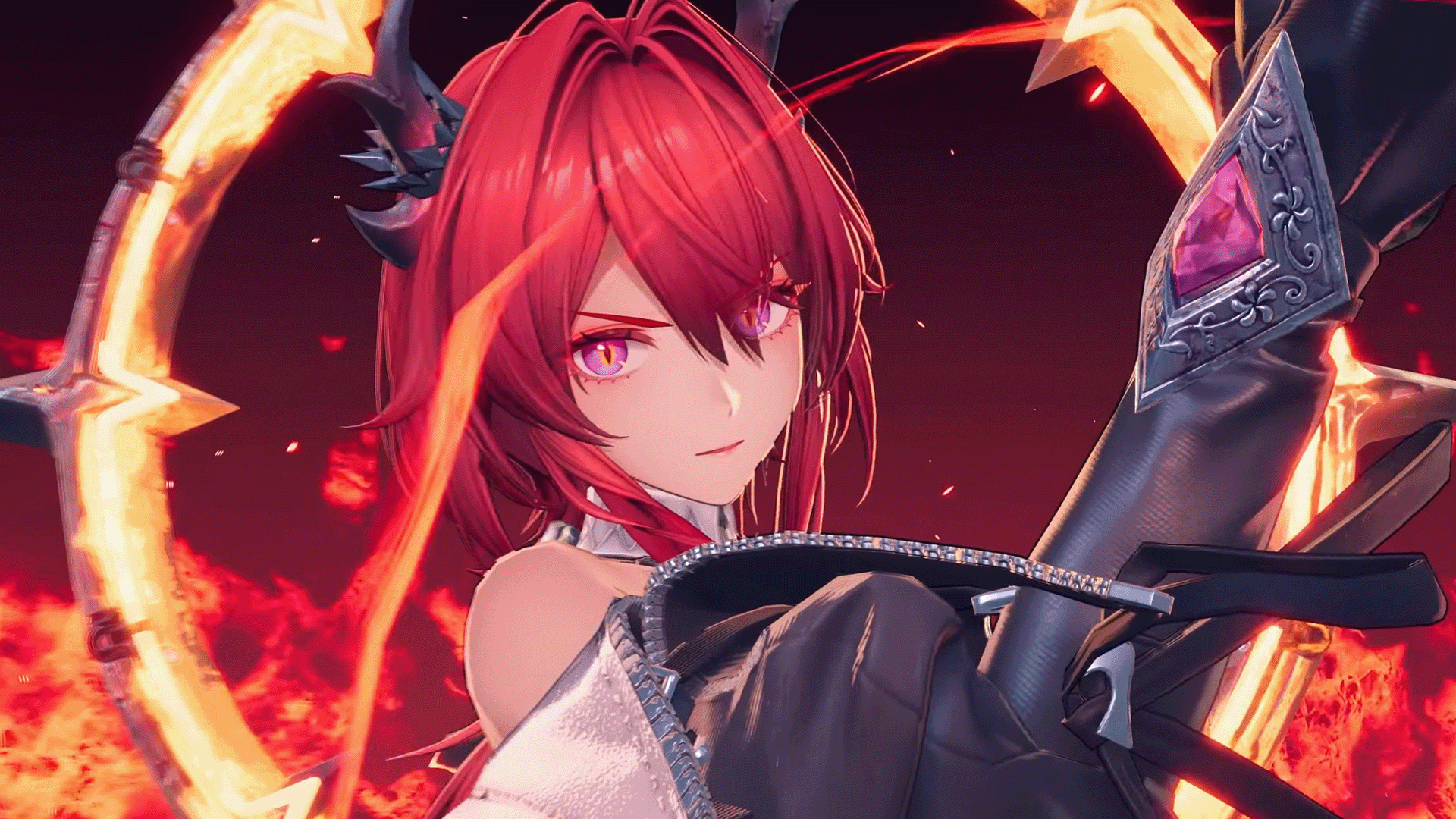


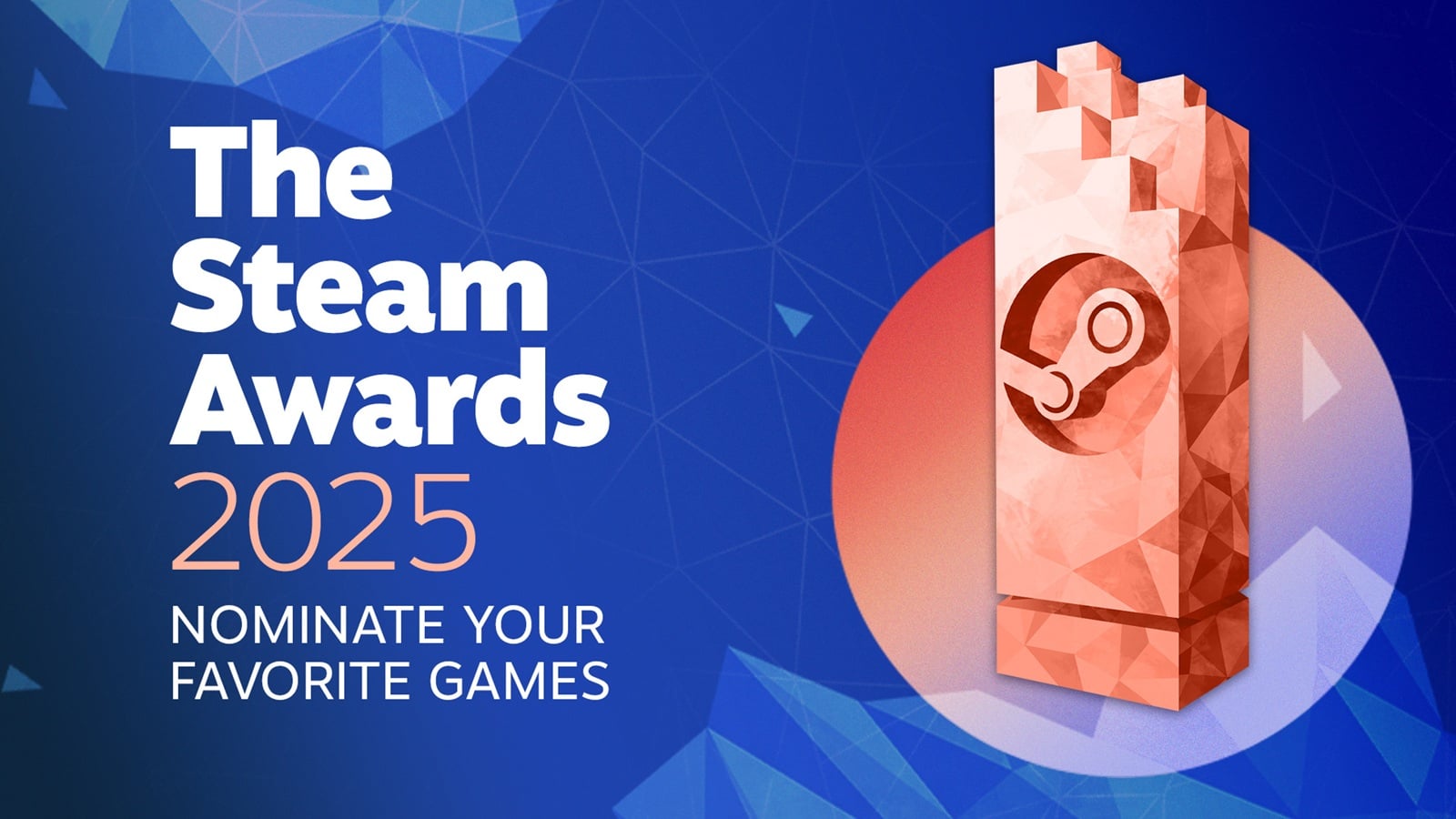

Published: Nov 9, 2023 03:52 pm